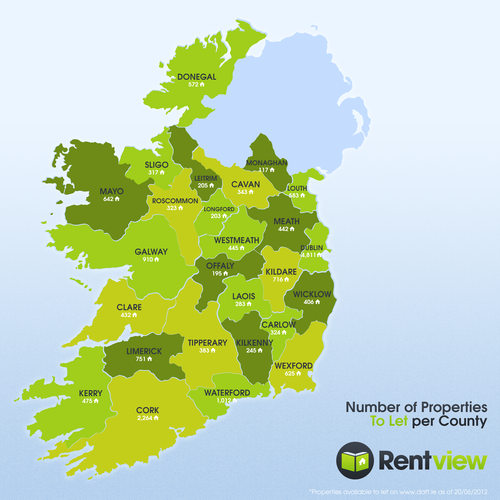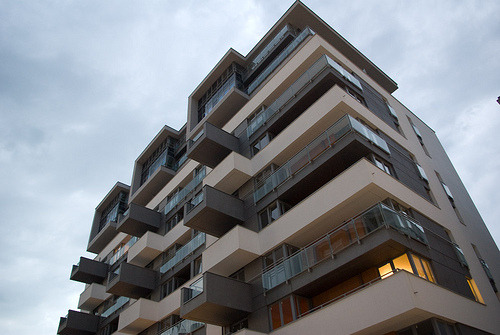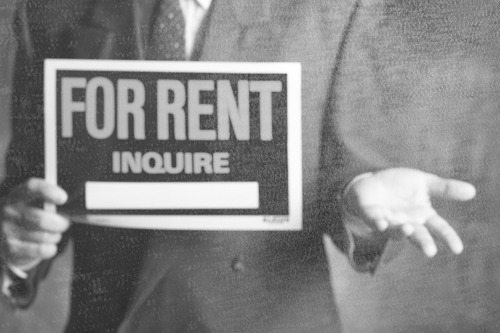With the rental market in Dublin approaching its busiest time of the year we take a look at the market and what is available.

Once again, a few quick notes on what we can take from this.
- There is a huge supply of rental property in Dublin at the moment meaning the market is highly competitive for the agencies while tenants benefit from such a large supply with less demand. Interestingly enough I just checked Daft.ie to compare our figure as we created this early last week and they are identical, so not much movement for now.
- Secondly, as expected Apartments are the dominant property type throughout the city, this is was obviously going to be the case in such a highly congested city with most house’s outside for the city having homeowners. Thankfully there is only 227 flats as I have a hatred towards them after my year long stay in Rathmines during college 🙂
- Out of the 4756 properties currently on the market the majority (A total of 77.3%) are two and three beds, interestingly the number of 3 bed apartments available is just over three hundred less than two beds.
- Lastly we breakdown the amounts of properties available at the various and most comment rental prices, starting with the bargain hunter @ 0-€500 they have a limited selection of 146 rental properties. From there the number of properties gradually rises through the next two rent brackets and peaking during the €800-€1,100 bracket with over two thousand properties on the market in that price range.
As always we would love to hear your feedback on this topic.
Other property infographics –
The NPSRA & Licensed property services providers
Landlords and tenants infographic
by Andreas Riha





